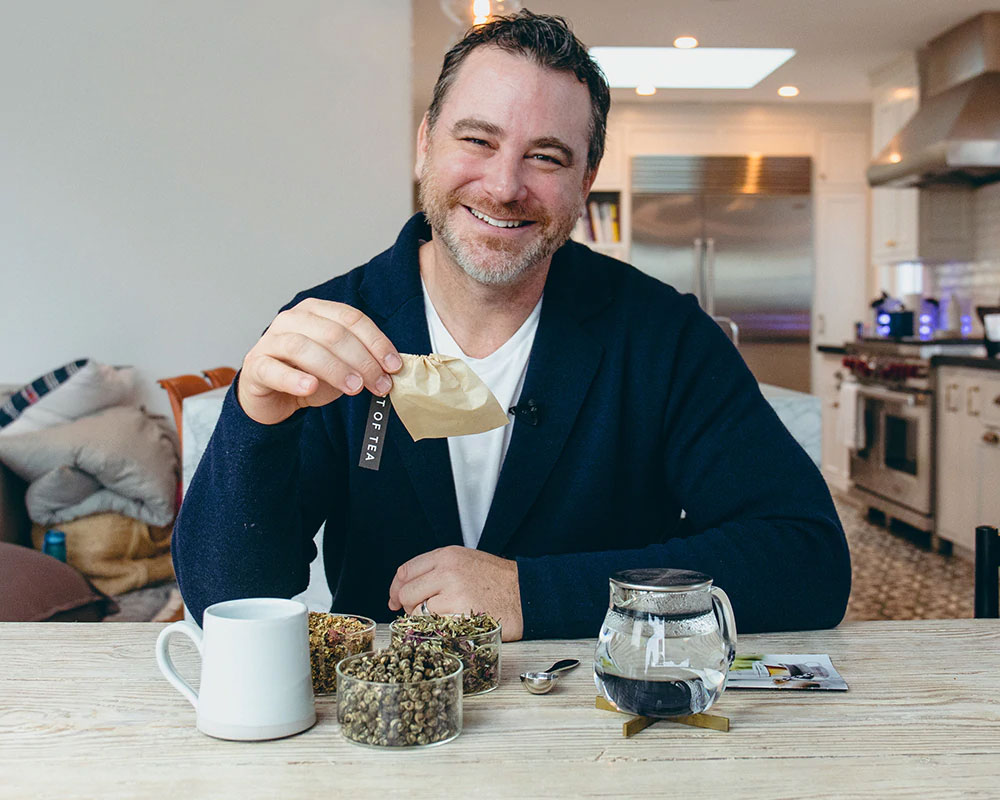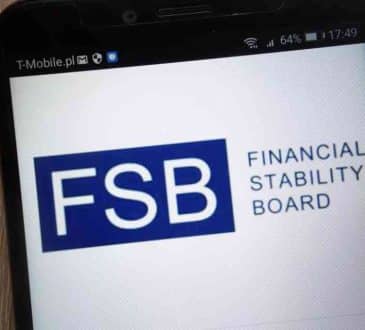Out of the Destruction of the Pandemic, Healthier Businesses That Will Flourish Over the Long Run Will Emerge

While I will never be glad that a pandemic occurred, I do think that there’s a sort of beauty to what it’s done on a business level. Please don’t get me wrong: I absolutely recognize, of course, that there are plenty of businesses that have suffered greatly and left people in dire straits—so many lives around the world have been adversely affected by this horrible virus.
However, it reminds me of something that happens in California a lot: huge forests are destroyed, sometimes totally obliterated, in wildfires. On the one hand, it’s tragic to see so much majestic beauty burned to the ground. But over the long term, rejuvenated, healthier soil and new growth emerge. From destruction arises new, cleaner, healthier, flourishing life.
I believe that COVID-19 is causing a similar effect in business. So much is being burned to the ground, and the destruction is painful and feels out of control. I suspect, though, that out of this, we will ultimately see new, healthier growth and flourishing over the long run.
Ultimately, I think that in the next 18 months to three years we will see a better-constructed society with healthier ways of living. It’s my goal to help guide my company, Art of Tea, to that place, just as I know it’s the goal of other business owners to guide their organizations there as well.
Coaching People to Their Personal Best
I started taking steps to do this while we were in the midst of COVID-19. Throughout the most trying times of the pandemic, I focused a lot on my own behavior and how I was showing up as a leader. In this time, more than any other, it felt as if my main role was to coach, mentor, and guide employees so they could bring out their personal best.
I was diligent about monitoring our team members and made sure my channels of communication with them remained as open, transparent, and honest as possible. Every day, I asked a few basic questions of each team member: “How are you doing? What are you working on today? What’s in your way?” These three simple questions allowed team members the opportunity to share what was happening from their perspective.
Beyond that, I made sure to stay in the loop with how everyone’s families were doing. Each person on my team handled the pandemic differently. For example, I noticed that one team member was literally holding her breath all of the time. I gently pointed that out and walked her through some breathwork exercises, a weekly digital detox, and talked a lot about focusing on well-being. Meanwhile, other team members were really getting in the zone.
Wherever a team member fell along the spectrum, I considered my understanding of their state to be my most important job.
Offering Collaboration and Support
Beyond supporting the business and my team, I also felt it was important to contribute to other businesses that might be struggling. Every single business around was figuring out how to navigate the odds on the fly, and it made sense to me that we would information-share as we learned through trial and error.
The way I saw it, there were going to be three types of companies at the end of all of this: companies who were not going to come back at all, companies who were barely going to scrape by, and companies who were going to emerge thriving.
We tasked our sales and customer service teams to start calling our partners who were still open for business in an attempt to create a network of sorts. We asked our partners what they were doing to survive and what, if anything, Art of Tea could do to help them along the way.
When I came upon a company that was thriving, we asked if it was okay to share some of their strategies with other companies in our network so that we could all learn together. As a result, Art of Tea became a conduit through which various restaurants and cafés that were struggling could learn and spark their own creativity. It was a very cool experience to see businesses coming together as allies.
Creating New Alliances
The unchartered waters of the pandemic also offered an opportunity to create alliances with other companies and organizations that might not have happened otherwise. For example, COVID-19 ended up pushing forward a partnership that we had been in discussion with the Try Guys about for more than a year.
The Try Guys do exactly what it sounds like they do—they try different things and share that experience with their 7.5 million followers. From this has grown a business of products, including a hot sauce that resulted from their challenge to a vendor to come up with a new hot sauce concept.
The Try Guys decided they wanted to build upon that success and bring a tea to market in much the same way. Prior to the pandemic, they contacted Art of Tea about a licensing deal to make that happen.
The pandemic pushed things forward. Together, we created a series of six videos that were extremely fun to film. We were elated because many of the Try Guys’ followers fall into a younger demographic than ours, so it allowed Art of Tea to create a meaningful touchpoint with a younger generation in a way that is fun, dynamic, and engaging.
Fear as a Driver for Optimization
I love this idea of cross-collaboration, and I think we’re going to see a lot more of it as businesses look for ways to lift themselves out of the economic uncertainty. Synergistic relationships can appeal to new audiences and breathe new life and creativity into the partners involved. It can shake them out of their typical ways of thinking and interacting.
Of course, it’s also important to be thoughtful when it comes to collaboration. Part of finding the right synergy is saying no to a lot of the opportunities and homing in on those that will have the biggest impact and that are most aligned with your company.
Having said all of this, I want to be very clear: none of this means there wasn’t fear. Hell yes, there was fear—I still feel fear, in fact. From a business perspective (and many other perspectives, as well), we’re currently living through the great unknown.
We don’t know what the waves headed in our direction look like, and this is intrinsically a situation in which constant adjustment and reevaluation are necessary. I’m relentlessly trying to leverage that fear as a driver for optimization.
Keep Rowing in the Same Direction
While COVID-19 has certainly been an extenuating circumstance, like any other company that wants to make it over the long haul, Art of Tea has to continue to move forward and innovate. We have to continue to be fresh and dynamic to remain relevant. Navigating our way through COVID-19 has been a reminder of that.
Now more than ever, I’m aware that, like every other business, Art of Tea will see high points as a company, and we’ll see low points as well. But as long as our North Star is clear and everyone is rowing in the same direction, we’ll be able to weather whatever storms come our way.
I do believe that, as is the case for so many other businesses, COVID-19 has represented a defining moment for Art of Tea. My hope is that the company will exist long beyond my time on this planet and that whatever we learn from this experience can be applied for future generations to come.
The above is adapted from Art of Tea by Steve Schwartz. For more advice on how businesses can get healthier and more resilient in the face of uncertainty, you can find Art of Tea on Amazon.
Have you read?
5 Laws of Leadership Success by Aden Eyob.
Can workplace culture really be influenced by Shane Michel Hatton.
CEO and Founder, Ian Mitchell King Offers Tips On Giving Back to Our Military Members.
Check-in, not check-up: How managers need to change in an evolving workplace by Joanne Alilovic.
Stuart Kirk, HSBC, and the Politics of Climate by Dr. Joe Zammit-Lucia.
Add CEOWORLD magazine to your Google News feed.
Follow CEOWORLD magazine headlines on: Google News, LinkedIn, Twitter, and Facebook.
Copyright 2024 The CEOWORLD magazine. All rights reserved. This material (and any extract from it) must not be copied, redistributed or placed on any website, without CEOWORLD magazine' prior written consent. For media queries, please contact: info@ceoworld.biz








